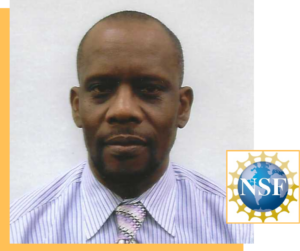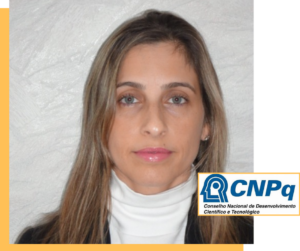Session 18: Institutional and policy frameworks for inclusive research infrastructure collaborations
Wednesday, 4th December 3.00PM AEST | Breakout session
Policy can help enhance the efficiency and impact of international research infrastructure networks by focusing on best practices, user access, ambitious research projects, and common instrumentation strategies. We will examine policy challenges and opportunities related to open science, resource optimization, technology sharing, and enhancing research excellence. We will also discuss the benefits and challenges of robust governance, regulatory frameworks, and tools that support global RI collaborations. Attendees will gain insights into developing policies that strengthen international research networks and foster global scientific progress.

Moderator
Frédéric Sgard is project administrator at the Global Science Forum of the OECD (GSF) where he manages selected Forum activities. He has been involved in many of the Forum’s projects on research infrastructures, such as on an impact assessment framework or on very large research infrastructures, as well as on the comprehensive GSF work on “mobilising science in time of crises”. Frédéric Sgard acts as independent expert for various European research infrastructure projects. Prior to joining the OECD, he worked as senior scientist in a pharmaceutical company until the end of 2002, on the discovery of new pharmacological targets.

Panellist
Dr Roland Roberts is the Deputy Chief Officer for Research Facilities at the U.S. National Science Foundation (NSF). He contributes to strategic portfolio planning for research infrastructure and implementation of the policies and practices necessary for the success of research infrastructure in the NSF context. He previously served as a Program Director in Division of Biological Infrastructure in the Directorate for Biological Sciences and managed the Collections in Support of Biological Research and the Advancing Digitization of Biodiversity Collections Programs at NSF.

Panellist
Dileine Amaral da Cunha is the Coordinator of Negotiation, Advice and International Studies at the National Council for Scientific and Technological Development (CNPq), Brazil. Formerly Chief of Cabinet, Academic Advisor and Institutional Attorney of the Institute of Higher Education of Brasilia (IESB), she is a current member of the IESB Evaluation Committee. She has been an Analyst in Science and Technology of the National Council for Scientific and Technological Development (CNPq) since 2011.

Panellist
Dr Uracha Ruktanonchai is the Executive Director of the National Nanotechnology Center (NANOTEC) within Thailand’s National Science and Technology Development Agency (NSTDA). She is an Honorary Professor at the University of Queensland, Australia, and the Chair of the ASEAN Regional Research Infrastructure Strategy Task Force, which emphasizes the importance of sharing research infrastructure within ASEAN and initiating dialogue with other regions.
We acknowledge the Traditional Owners of the lands and waters throughout Australia, and pay respect to the Elders past, present and emerging. We recognise the importance of connection to culture, land, kinship and community to the health and wellbeing of Aboriginal & Torres Strait Islander families. We acknowledge the cultural practices and traditions still carried out today and being passed down to future generations.


